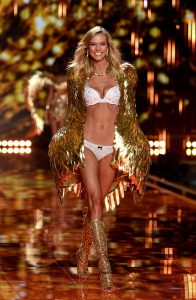
Every year, the Victoria’s Secret Fashion Show sparks heated conversation about whether or not the company — and, by extension, the fashion industry as a whole — is an institution that reduces women to sexual objects or one that empowers women to be confident. 2014 was no exception, and with the most recent show that aired on December 9, the discussion on just how harmful the brand is started up again.
The idea of women openly expressing their sexuality is actually a largely positive value for the models to project. As we live in a society that often shames women for being proud of their appearance, any example of women refusing to be ashamed of their sexuality or good looks should be respected. If a woman feels comfortable enough to wear elaborate lingerie, she should be able to express herself in this way. These models should not be shamed for their confidence or even for their generally unattainable figures. Confident women are relentlessly labelled as vain, and the models suggest that confidence in one’s appearance is a positive attribute. Additionally, the ads rarely show men, which suggests to viewers that the intention of the lingerie is not to please a man, but to empower oneself.
Despite the criticism they face, the models still view the show as a positive outlet for women to feel empowered and confident. “It’s all about being sexy and embracing your femininity and being a woman,” said model Lily Donaldson. “It’s quite strong for women, I think.”
Many of the Angels even identify as feminists; for example, when asked at the 2014 show if she identified as a feminist, Elsa Hosk replied, “Of course! I believe in equal rights for women. I want women to be just as powerful as men.”
Similarly, famous ex-Angel Tyra Banks said that she “[does] consider [herself] a feminist.” Even though people may think that giving men the opportunity to look at her in lingerie seems degrading, Banks maintains that as a curvier black woman, her presence on the runway was a feminist act in and of itself because she helped “[expand] the definition of beauty and making women feel beautiful, no matter what color their skin is.” After her modelling career, Banks proved that models can be more than just pretty faces, as she developed into a talk show host, actress, producer, author, and television personality in her later years.
But the problem with the Victoria’s Secret Fashion Show is not the models. The problem with the Victoria’s Secret Fashion Show is the company — the company that conditions models to think that empowerment is displaying oneself as a sexual object. Victoria’s Secret models are famous for their beauty, but also because the company consistently hires models with nearly identical bodies under the guise of promoting body positivity.
Ironically, a 2010 campaign called “Love My Body” featured ads with — unsurprisingly — tall, slender, beautiful models. Of course everybody should love their bodies, even women with the so-called ideal body. Shaming women for being skinny is still harmful, even if they do not face nearly the same amount of shaming and bullying as larger women do. However, people with body types that are not represented in pop culture often struggle to accept their bodies because they feel as if there is something wrong with them. If a woman only sees women with bodies like the Victoria’s Secret models have, she will believe that she should strive to have that body and that body alone.
Similarly, the company went under fire recently for their ad campaign for their new Body line of lingerie. The ads displayed a row of women with the classic Victoria’s Secret model figures with the words “The Perfect ‘Body’” printed across the photo. Although the phrase was referring to their Body line, the ad still perpetuated idea that the women in the photo — the thin, long legged women with tiny waists and large breasts — is the perfect body. Thankfully, after receiving heavy criticism, the company changed the ad so it read “A Body For Every Body.” However, the ad still suggests that the women in the ad represent every body type, which is far from true.
One of the biggest arguments advocating for the modelling industry is that skinny models are hired because their job is to look aesthetically pleasing. Model Erin Heatherton said, “[Victoria’s Secret] is not selling reality; we are selling a story. It’s all about creating this fantasy.” In defense of the heavy Photoshopping that models endure, she likened the process to putting on makeup in order to conceal flaws and enhance certain features. “I think we’re all intelligent enough to know the difference between what’s real and what’s not,” she said.
However, not all models feel the same way about the unrealistic standards that Victoria’s Secret promotes. Former model Cameron Russell recounted an experience where she was doing a photoshoot in the Bahamas. Later that day, “One woman was going on and on about the model she’d seen on the beach who was ‘so gorgeous.’” What the woman did not know is that the model was Russell. “The whole 30 minute boat ride, she didn’t recognize me,” said Russell.
The image of Victoria’s Secret models are not only an unattainable ideal for average women — their appearances are even unattainable for the models themselves. The use of makeup, lighting, camera angles, and Photoshop transforms naturally beautiful women into impossibly perfect objects, and the images are altered to such an extent that the women are sometimes unrecognizable.
Contrastingly, American Eagle’s lingerie side brand Aerie has received significant praise recently for its refusal to Photoshop its models. Of course, the women are still beautiful and slim; however, unlike women in most ads, the models have freckles, skin rolls, wrinkles, and curves. The brand’s new motto is “The Real You is Sexy,” and consumers seem to agree — in the last quarter alone, sales went up a whopping 9%. The success of Aerie suggests that women will continue to support companies that support them.
So what does this say about Victoria’s Secret, a company that promotes over-the-top perfection? Will consumers soon realize that they should be funding companies that choose to empower them rather than make them feel insecure?
But no matter what the intentions of the models or the company are, the fact remains that companies such as Victoria’s Secret do have harmful effects on young girls. The average American woman sees upwards of 400 advertisements per day, and the Neilsen Company reported that American teenagers have roughly 10 hours and 45 minutes of media consumption a day. According to the American Academy of Pediatrics, 69% of girls believe that models influence their idea of the perfect body shape. And as stated by the New York Times, girls who already have issues with their body images show more dieting, anxiety, and bulimic symptoms after exposure to models and advertising in magazines geared toward teenage girls.
Even if Victoria’s Secret genuinely intends to empower women, their advertising, model selection, and company values are doing more harm than good. Companies need to understand just how much power they have to influence their consumers, and they need to use their influence to spread more positive ideals.
If young girls are told that a particular body type is the ideal for women, they will strive to emulate that body type even if it puts them in danger because they live in a society that suggests that a girl’s worth is only determined by her appearance. And if the bodies of Victoria’s Secret models are seen as this ideal, women will start to believe that their tall, slender frames are normal and that their own bodies are undesirable. For example, according to the Media Education Foundation, 75% of women with average weights think they are overweight due to unrealistic standards in the media. The media has the ability to warp one’s beliefs about what is considered normal, and unfortunately, what was once considered to be ideal is now largely considered to be normal.
In theory, the Victoria’s Secret Fashion Show is not a harmful idea. The models even largely attempt to promote positivity and confidence to viewers through their empowered sexuality. However, Victoria’s Secret as an industry fails to recognize — or, perhaps even worse, does not even care about — the dangerous influence the promotion of extremely thin, overly Photoshopped women has on the average girl. Unless the company actively seeks to change its values in order to promote positivity in women rather than insecurity, Victoria’s Secret will continue to be an extremely harmful brand for women regardless of its facade of empowerment.



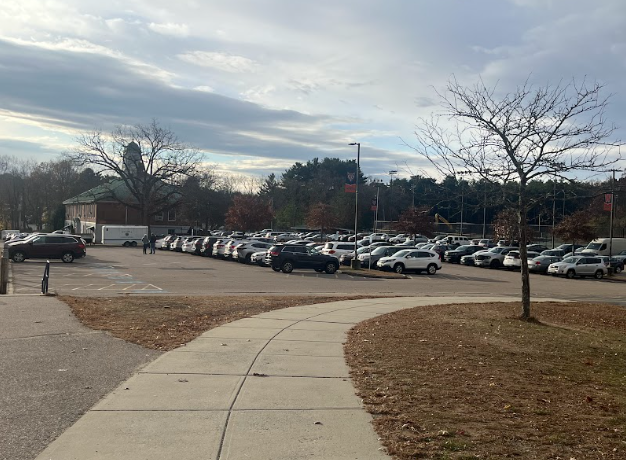
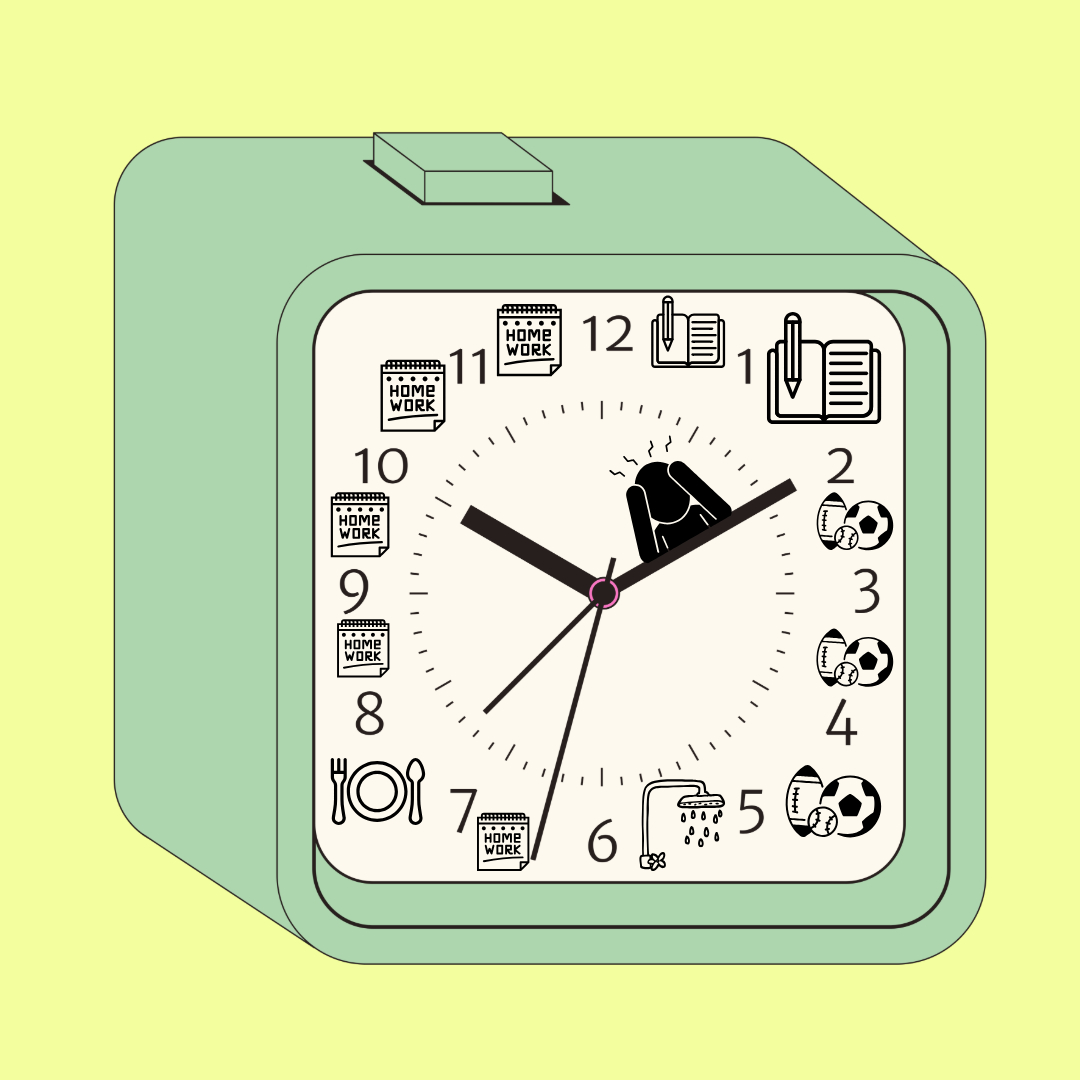
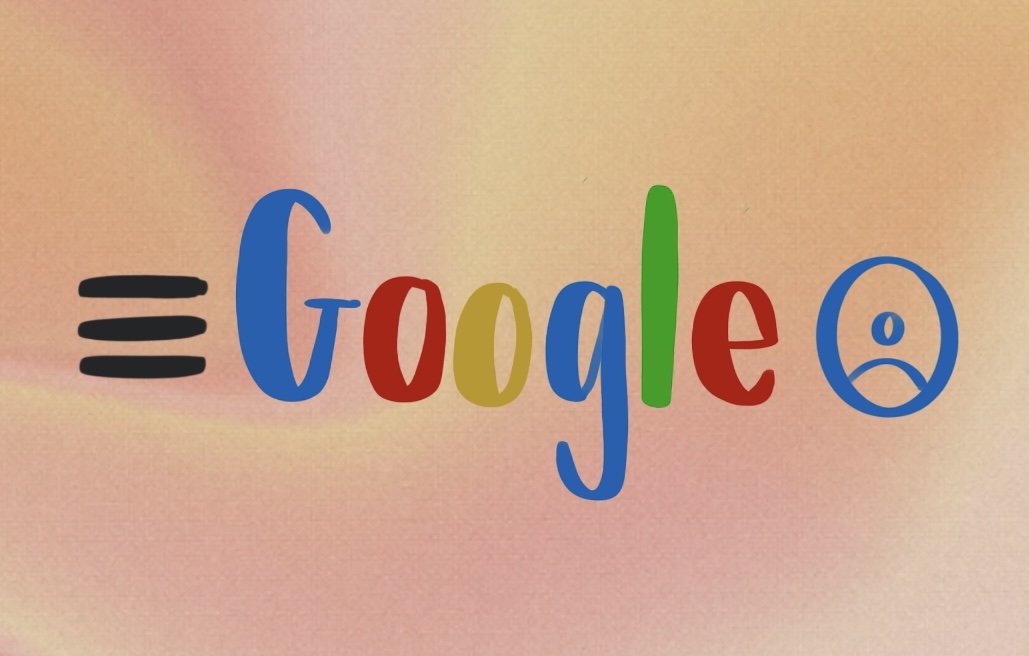
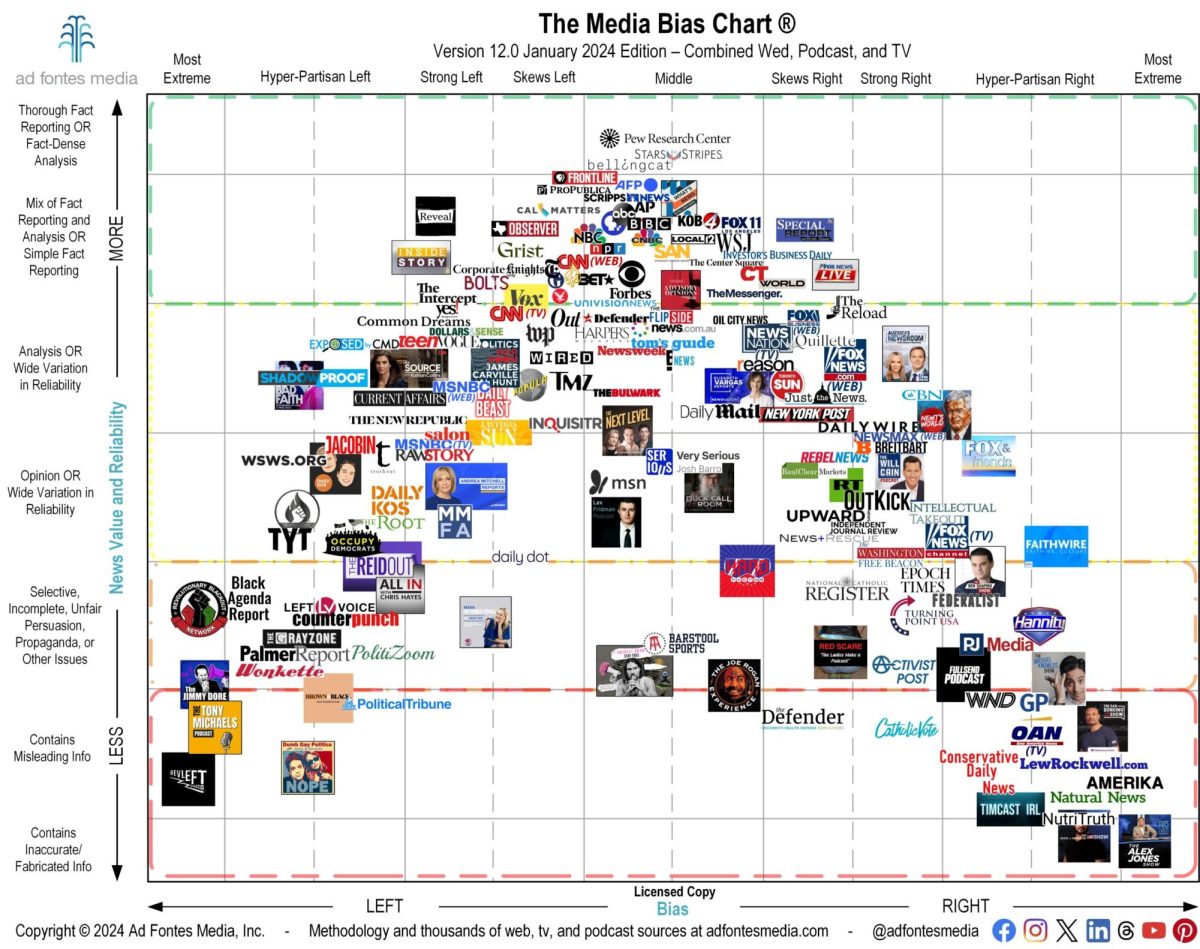

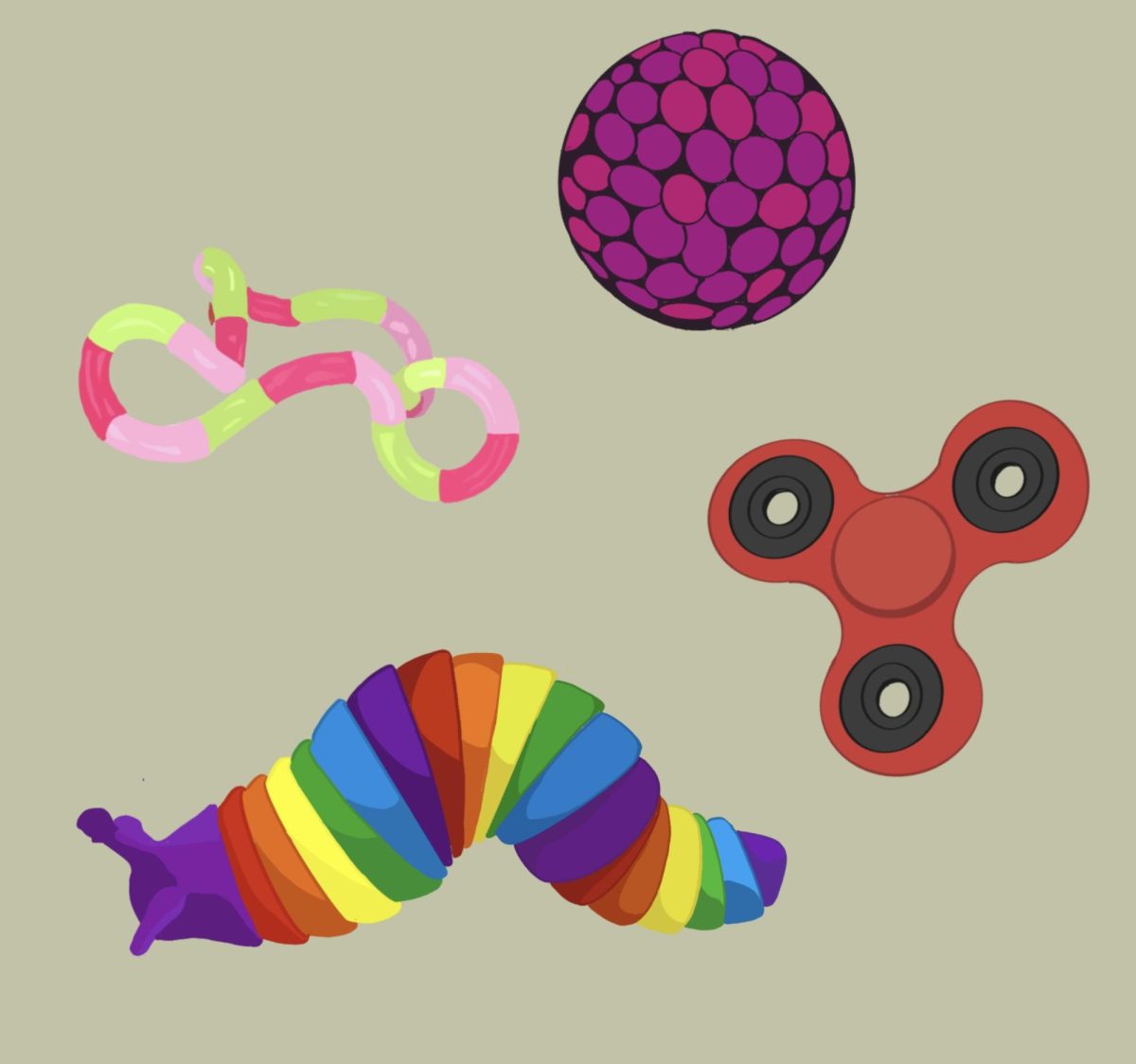





claire hughes • Jan 27, 2015 at 1:21 pm
Excellent article Jamie ! So professional, I’m really so pleasantly surprised at your talent for writing, and making it worthwhile to read !